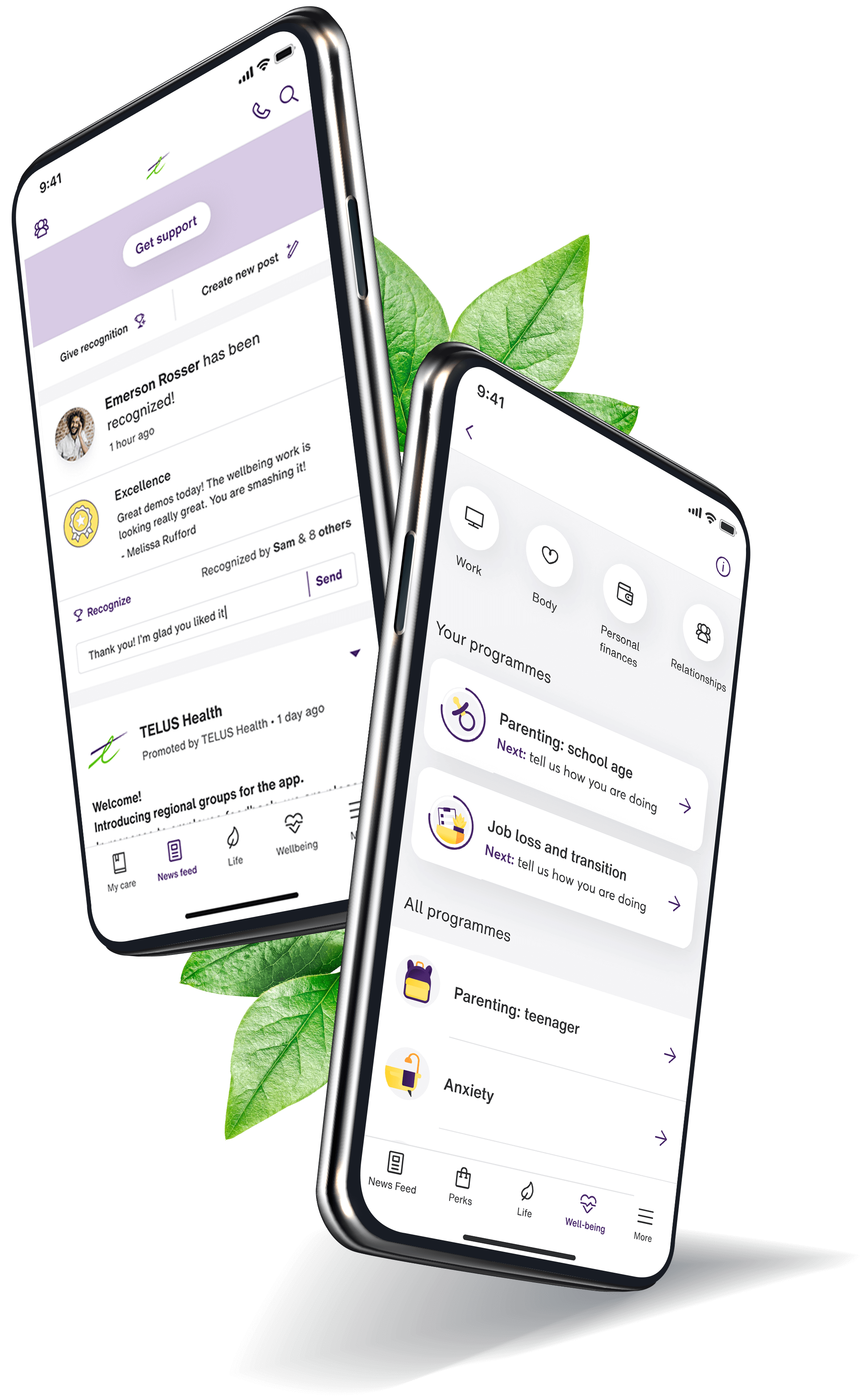Cholesterol numbers and what they mean
- Understanding cholesterol
- Cholesterol blood test
- Blood cholesterol result – ‘total cholesterol’
People with high cholesterol are about twice as likely to develop heart disease as those with healthier cholesterol levels. That’s why knowing your cholesterol numbers is so important. If you have high cholesterol, lowering it can reduce your risk of having a heart attack, needing coronary-artery bypass surgery, or dying from heart disease.
Raised cholesterol levels increase the risk of heart disease and stroke. Globally, a third of ischaemic heart disease is attributable to high cholesterol.
Understanding cholesterol
Cholesterol is a fat-like substance that helps your body produce hormones, digestive substances, and vitamin D. Molecules called lipoproteins carry cholesterol around your body through your bloodstream. These lipoproteins are made of lipid (fat) on the inside and protein on the outside.
Your liver makes all the cholesterol your body needs to function. Some food, including meat, liver, poultry, and full-fat dairy products—provide extra cholesterol. Eating foods high in saturated fat and trans-fat may also stimulate your liver to make more cholesterol than it normally would.
Your GP may recommend that you have your blood cholesterol levels tested if you are 45 or older.
Excess cholesterol can combine with fat, calcium, and other substances in your blood to form a fatty deposit called plaque. Over time, plaque can build up inside your arteries and impede the flow of blood. When this occurs in an artery to the heart, it may lead to angina (chest pain) or a heart attack. When it occurs in an artery to the brain, it may lead to a stroke.
To help prevent such problems, you need to be aware of your cholesterol levels. If levels are out of the recommended range, you can take steps to improve them.
Cholesterol blood test
The cholesterol blood test - also called the lipid profile test - provides the most complete information about your cholesterol levels. If your doctor recommends this test, you may need to fast for several hours beforehand. The test report will show numbers for four different things:
- LDL (“bad”) cholesterol. This form of cholesterol is the main contributor to plaque buildup in your arteries. The lower your LDL level is, the better.
- HDL (“good”) cholesterol. This form of cholesterol carries excess LDL away from your arteries and to your liver, which clears it from your body. The higher your HDL level is, the better.
- Triglycerides. This type of blood fat is often measured along with cholesterol. Research indicates that high triglycerides may increase the risk of heart disease, particularly in women.
- Total cholesterol. This number is calculated from your LDL, HDL, and triglyceride levels.
Fasting is typically required, but the test can sometimes be done without fasting.
Blood cholesterol result – ‘total cholesterol’
Doctors calculate a single figure to represent your cholesterol levels, known as the total cholesterol, based on the above elements of the blood test.
The total cholesterol level is calculated by adding the LDL and HDL cholesterol levels together with 20% of the triglyceride level. This comprehensive figure helps doctors assess your risk of cardiovascular disease.
Ask your GP to help you interpret this result.
In recent years, health care professionals have moved away from setting one-size-fits-all cholesterol goals for patients. Today, they look at cholesterol numbers in the context of your overall risk of cardiovascular disease. Risk factors, such as age, family history, and other health conditions, are also considered.
Regular monitoring and managing your cholesterol levels is crucial for maintaining heart health and preventing serious cardiovascular events.
This information is provided to supplement the care provided by your GP or mental health professional and is not to be used as a substitute for professional medical advice. Always seek the advice of your GP or another qualified health or mental health professional if you have questions about a medical condition or plan of treatment.
The counsellors at your assistance program are here for you and are available for calls 24/7.


